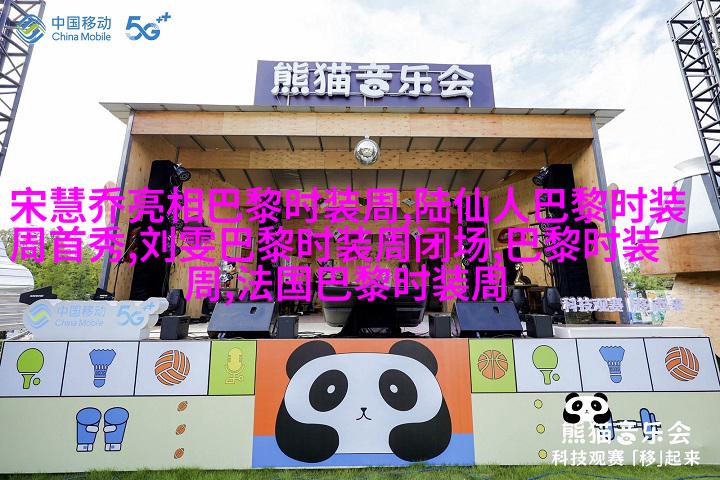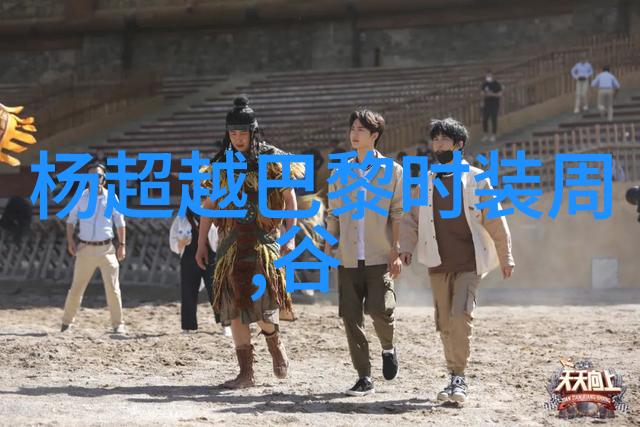Retro Revival and its Cultural Significance

In recent years, a resurgence of interest in retro culture has swept across various industries. From fashion to music, home decor to language, people are embracing the charm and nostalgia associated with past decades. In this article, we will delve into the world of retro English and explore its cultural significance.
The Evolution of Retro English

Retro English refers to the style of speaking that was popular during past eras such as the 1920s, 1950s or even earlier times like Shakespearean era. This style is characterized by distinctive vocabulary, pronunciation patterns and grammatical structures which were prevalent during those periods. For instance, words such as "thou" instead of "you," phrases like "hark what light through yonder window breaks" or use of slang terms like "the cat's pajamas" are all part and parcel of retro English.
The Influence on Modern Language

Although modern English has evolved significantly since then, there remains a certain appeal for retro elements in contemporary language usage. Many individuals today incorporate vintage words or phrases into their everyday conversations to add flair or create an atmosphere reminiscent of another era.
Moreover, some media outlets also utilize these elements in advertising campaigns or television shows aimed at evoking feelings from a bygone age. It's not uncommon for actors portraying characters from different time periods to speak with a distinctively 'retro' accent while reciting lines written using archaic grammar rules.

Why Retro Revival?
So why do people still find value in these old-fashioned forms? There could be several reasons for this phenomenon:

Nostalgia: People often feel sentimental about their childhood memories when they hear familiar words or expressions that remind them of happier times.
Cultural Identity: Using retro language can help establish one's connection to their heritage; it provides a tangible link between past generations.
Artistic Expression: Incorporating vintage elements adds depth and richness to creative works such as literature novels or poetry collections.
Marketing Strategy: Businesses might use nostalgic marketing strategies targeting consumers who long for simpler times due to economic uncertainty caused by global crises.
Conclusion
In conclusion, while our primary focus here was on exploring how retroglish has managed to regain popularity within contemporary society despite being outdated decades ago - highlighting both its evolution over time & current influence - let us acknowledge that engaging with any form (language) from history offers us valuable insights into our collective past which can inform our present actions & choices making life more richly lived than if we only focused solely on new things without learning anything about where they come from so ultimately understanding ourselves better too!




